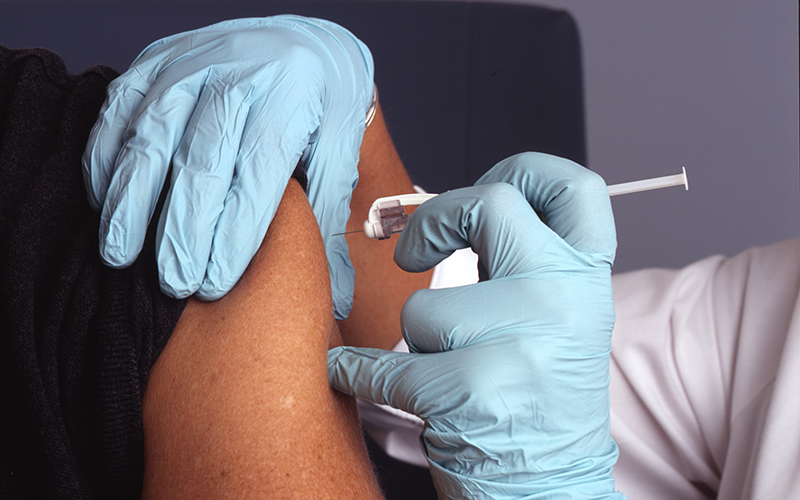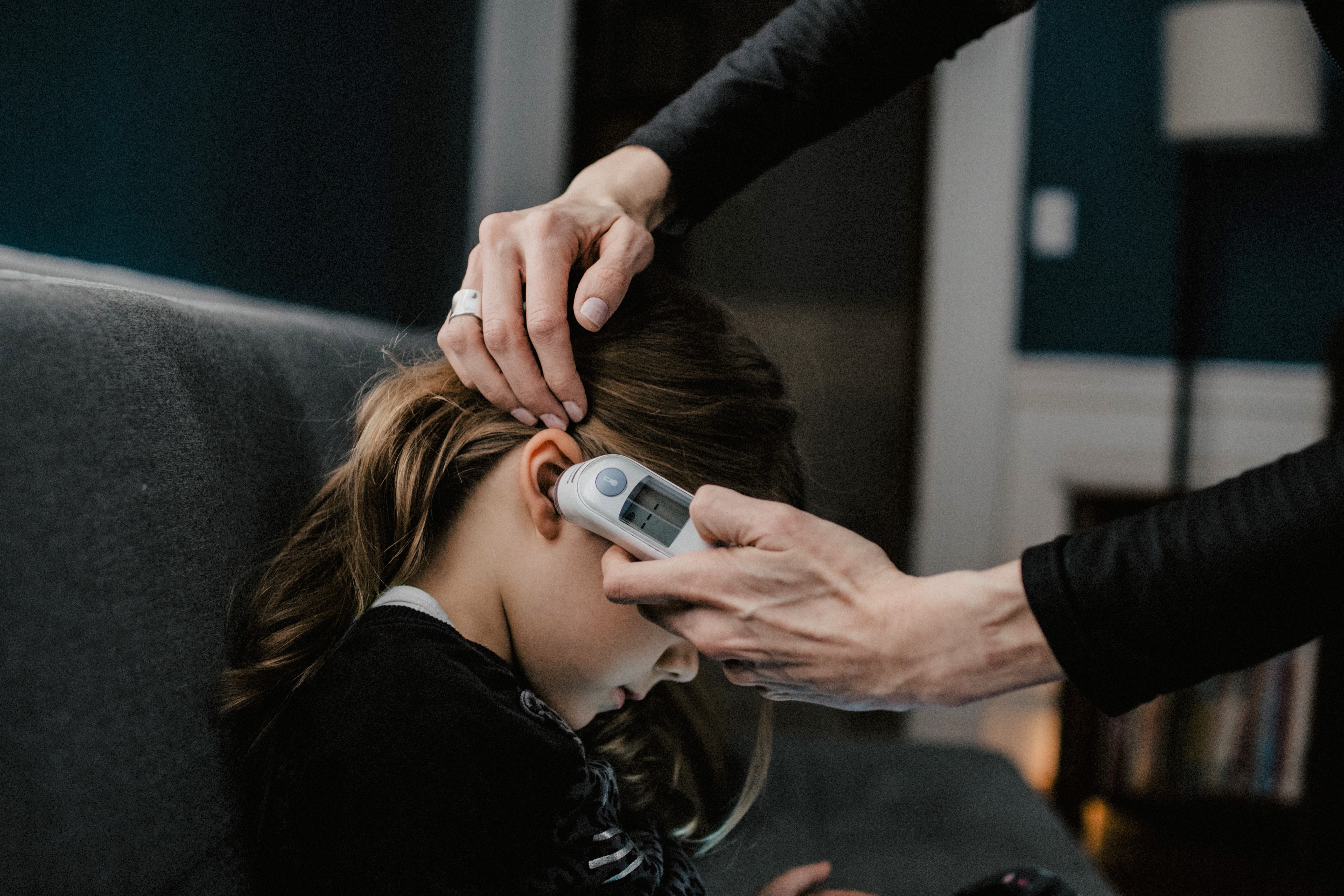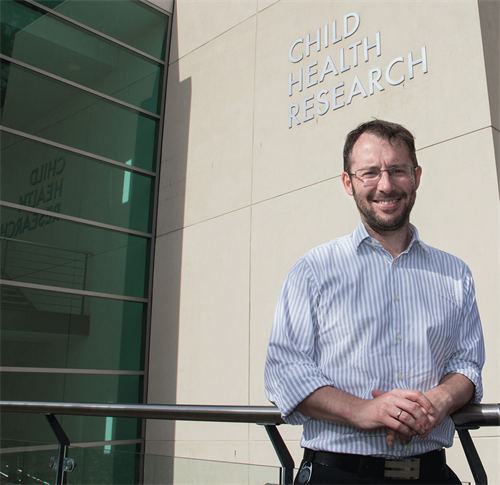Search

News & Events
The Kids skin researcher awarded prestigious L’Oréal-UNESCO Women in Science fellowshipDr Asha Bowen, Head of Skin Health at the Wesfarmers Centre of Vaccines and Infectious Diseases, has been awarded a 2018 Fellowship as part of the prestigious L’Oréal-UNESCO Women in Science program.

News & Events
Global consortium aims to protect babies from their first week of lifeBabies are most vulnerable to life-threatening diseases in their first few weeks of life, yet current vaccines can’t be given until two months of age.

News & Events
BCG vaccine does not protect against COVID-19 in healthcare workersA world-leading international trial examining the immune boosting benefits of the tuberculosis vaccine, BCG, has found it does not protect healthcare workers against COVID-19.

News & Events
Latest research identifies true danger of antimicrobial resistance in Australian kidsOne out of every 10 children with a bloodstream infection are infected with a multi-drug resistant organism in the nation’s first-ever surveillance study investigating the prevalence of paediatric antimicrobial resistance (AMR).

News & Events
Skin infections send eight out of every 100 Aboriginal babies to hospitalIn a WA first, researchers from The Kids Research Institute Australia have shown that Aboriginal babies are 22.5 times more likely to be treated for skin infections than non-Aboriginal babies.

News & Events
Australian parents oblivious to true danger of the fluNew research investigating the devastating impact of the 2017 flu season by PAEDS-FluCAN, a national collaboration observing influenza in children, confirmed it was time to take action after thousands of children were hospitalised with the virus last year.

News & Events
Institute celebrates eradication of rubella in AustraliaThe eradication of rubella in Australia is evidence of the vital role vaccinations play in protecting our health, researchers at The Kids Research Institute Australia say.

News & Events
Whooping cough vaccine could be a new weapon in the fight against food allergiesResearchers from The Kids Research Institute Australia and Curtin University will use a $3.9 million grant from the National Health and Medical Research Council to investigate whether a type of whooping cough vaccine could provide bonus protection against food allergies and eczema.

News & Events
Australia’s first DNA-based COVID-19 vaccine study set to begin at The Kids Research Institute AustraliaAustralia’s first needle-free, gene-based COVID-19 vaccine study will be spear-headed in WA by The Kids Research Institute Australia thanks to almost $6 million in Coronavirus Research Response funding announced by Health Minister Greg Hunt.
Research
Antifungal use in children with acute leukaemia: state of current evidence and directions for future researchInvasive fungal disease (IFD) remains a common and serious complication in children treated for leukaemia. Antifungal prescription in children with leukaemia presents unique challenges, particularly due to variation in IFD risk between and within leukaemia treatment protocols, drug toxicities and interactions between antifungals and chemotherapeutic agents.
